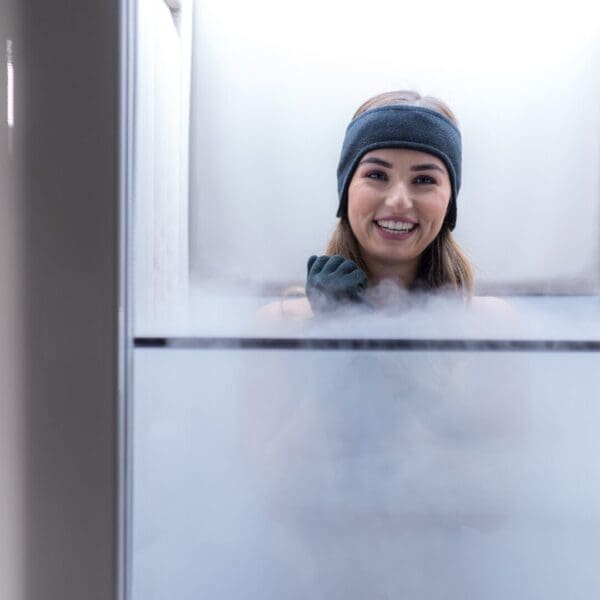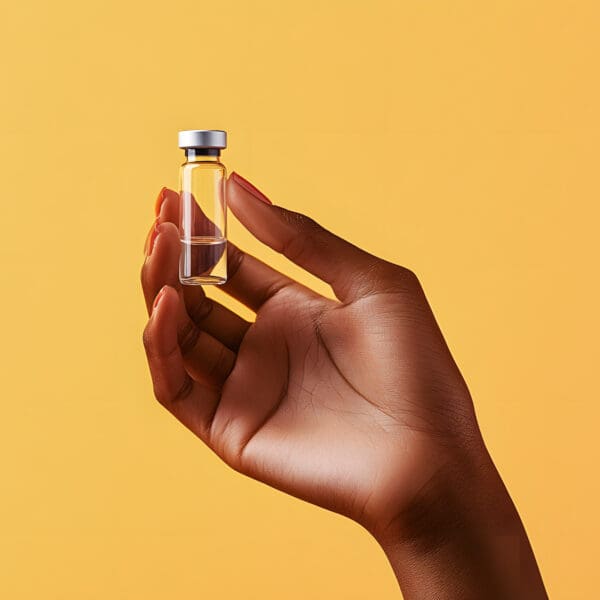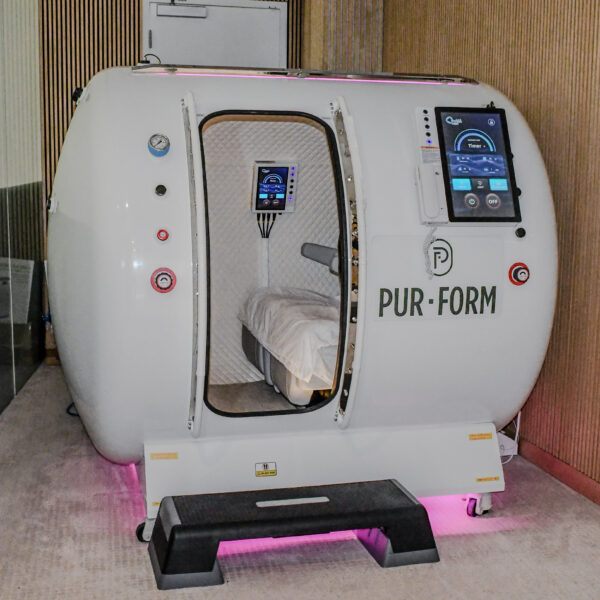I’ll admit, I’m not someone who rushes to get every new vaccine that comes out. But I didn’t hesitate when it came to the shingles vaccine. And now, a groundbreaking study published in Nature (April 2025) makes me even more grateful that I did. It turns out this vaccine might protect more than just your skin, it may help protect your brain.

A Happy Accident Leads to a Surprising Discovery
Some of the most important medical breakthroughs happen by accident, and this one is no exception.
In Wales, researchers found themselves with a unique opportunity when the government introduced the shingles vaccine in an unusually strict way. On September 1, 2013, they drew a sharp line:
- If you were born on or after September 2, 1933, you were eligible for the vaccine.
- Born even one day earlier? You weren’t. Ever.
That odd cutoff created a natural experiment, two nearly identical groups of people, same age, same health, same everything, except one group got the vaccine, and the other didn’t. It was like a randomized trial without anyone having to withhold treatment intentionally.
The difference in vaccination rates was dramatic: among those born just one week after the cutoff, 47.2% were vaccinated; for those born one week before, only 0.01% were. Essentially zero.
The Results That Changed Everything
Researchers followed 282,541 adults for seven years using detailed electronic health records. The results were striking:
- People who received the shingles vaccine were 20% less likely to develop dementia.
To put that in perspective, no dementia medication on the market today achieves a benefit that large. In practical terms, that means for every 100 people vaccinated, 3.5 fewer developed dementia over the seven-year period. Considering that more than 55 million people worldwide live with dementia, even a 20% reduction could change millions of lives.
The vaccine also did exactly what it was designed to do; it cut shingles cases by 37%, matching clinical trial results. That consistency gave researchers even greater confidence in their dementia findings.
Why Women Benefited More
Interestingly, the protective effect against dementia was stronger in women than in men, even though both sexes were equally protected from shingles.
Scientists aren’t entirely sure why, but it may come down to immune system differences. Women generally mount stronger immune responses to vaccines, which could make the brain-protective effect more pronounced. This aligns with growing evidence that dementia may develop differently in women than in men.
How Could a Shingles Vaccine Protect the Brain?
The research team proposed three main possibilities, likely all playing a role:
- Preventing Viral Reactivation
The same virus that causes chickenpox (varicella zoster) never fully leaves the body. It hides in your nerve cells and can reactivate years later as shingles. These reactivations (both visible and “silent” ones) may damage the brain over time. By stopping reactivation, the vaccine could reduce that risk. - Reducing Inflammation
Shingles triggers intense inflammation in the nervous system. Preventing shingles means less inflammation, and therefore less potential damage to brain tissue. - Strengthening the Immune System
The older live-attenuated vaccine (Zostavax, used in this study) may boost overall immune function beyond just fighting shingles. This “off-target” effect might enhance the body’s ability to protect the brain from other threats.
Why This Study Stands Out
What makes this study particularly convincing is its rigor. The researchers double-checked their work in multiple ways:
- They verified results using death certificates from both England and Wales, an entirely separate data source.
- They confirmed that people born just before and after the cutoff were alike in every major way: education, health habits, and chronic conditions.
- They found the vaccine didn’t change the risk for any other health conditions, just shingles and dementia.
In other words, the effect wasn’t a fluke. It was real, consistent, and statistically solid.
What This Means for You
The study specifically looked at Zostavax, the older live vaccine. Today, we use Shingrix, a newer and more effective two-dose version. Early research suggests Shingrix may offer equal or even stronger dementia protection.
The CDC currently recommends the shingles vaccine for everyone aged 50 and older, and for younger adults with weakened immune systems. Even if you’ve already had shingles, or received the older vaccine, it’s worth getting Shingrix for longer-lasting protection.
The Bigger Picture
While larger clinical trials are still needed to confirm these findings, this study gives us real hope. We may already have a safe, accessible, and affordable tool to help reduce dementia risk, something no expensive new drug has managed to deliver so far.
As both a doctor and a patient, I find that extraordinary. And after reading this research, I’m even happier I got my shingles vaccine. Not just for my skin, but maybe for my brain too.
— Dr. P
Source: Nature. “Association of zoster vaccination with reduced dementia risk.” April 2025. Link















